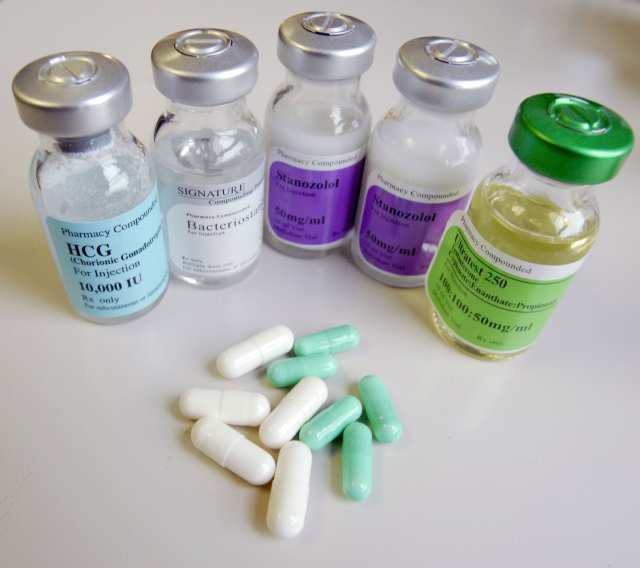Performance-enhancing drug-use continues to make headlines thanks to Lance Armstrong, the Australian sporting community and now maybe even Oscar Pistorius. And while such professional sportsmen’s furtive actions should be exposed, there is another group of users that often go unnoticed – the everyday person trying to get fit. Whether it’s young kids wishing to boost their self-image or a gym-goer wanting to build body mass, drugs are proving to be prevalent outside of the sporting world.
Category Archives: Health
Traffic Light Test to Help Combat Rise in Liver Disease
Recent statistics show drinking is taking its toll on the nation, with a rise in liver disease higher than ever. Further research assessed up to 32 deaths in the UK could have been prevented if doctors had not missed opportunities to help those with alcohol problems. What if doctors had help in detecting the early stages of liver scarring? A team of specialists from Southampton Hospital’s Liver Unit have created a blood test called the ‘Southampton Traffic Light Test’ that can be used by GPs to help detect scarring in its earlier stages – something that could potentially help save lives. Continue reading
Letting Consumers Monitor Their Own Health

Image supplied by HapiFork
‘The Quantified Self’ or ‘The Connected Self’ are terms heard floating around the digital health circles. From upgraded sleep and stress trackers to creative devices like the HAPIFork that lets you know when you’re eating too fast – technology is empowering consumers to self monitor their well-being rather than relying on a trip to the doctor.
In the US where it is estimated over 25 million Americans suffer from diabetes or the UK where obesity rates have nearly quadrupled in the last 25 years, health costs are skyrocketing without the funds to support it. While most health care is spent on treating long-term illness, why not put time and money into preventative care?
Walter De Brouwer, CEO of Scanadu, said at this year’s Consumer and Electronics Show (CES), “People want to be empowered. They don’t want to be treated like children by the government or institutions.” Hence, the evolution of the term ‘the Quantified Self’ quoted by TechCrunch reporter Matt Burns. In his pre-show write-up, he noted this year’s CES was the first year major companies like Microsoft would not be present nor leading the way in innovation. Instead, smaller start-ups would be showing off more affordable, game-changing gadgets soon to change the way we think of health as we know it today.
In reading over many of the gadget reviews from CES, I found five that exemplified the vanguard Burns was referring to. Continue reading
Pluto the Robot
Pluto, the surgical robot, made headlines as Chelsea Children’s Hospital successfully secured funding for the technological toy, making the hospital the first pediatric facility in London to operate such a device. Used specifically for keyhole operations, the benefits are widely known – the only problem is they cost up to £1.5 million excluding maintenance fees. So how exactly do these ‘bots work, and are they a feasible option amidst the tough economic climate? Continue reading



